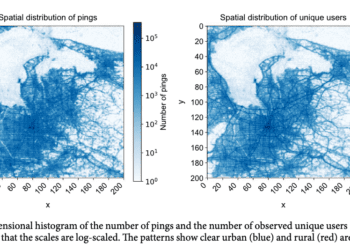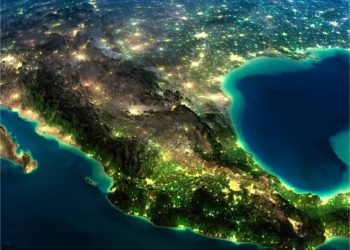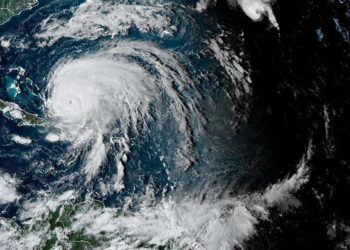South Asia, home to two billion people, has experienced devastating extreme weather events in the past decade – even more so than it has historically. Heatwaves, floods, and cyclones across Bangladesh, India, Nepal, and Pakistan have resulted in mass and billions of dollars of damage. As the frequency and intensity of these events rises as the climate changes, most households who will be most affected are already highly vulnerable to shocks even now. They work in the informal labor market, face frequent food insecurity, and live in unstable or insecure housing.
They are prone to epidemic infectious diseases and are dependent on their natural environment for their survival. Observations from complex humanitarian emergencies around the world show that millions may be trapped and unable to move, or have nowhere to go when, on longer time scales, rising sea levels, salt intrusion in coastal lands, heat and drought will affect food production and habitat, and disrupt health and livelihoods.
In this session, jointly hosted by CrisisReady, Harvard’s FXB Center for Health and Human Rights, and Harvard’s Mittal Institute, we invited experts from Bangladesh, India, and the Philippines to examine the preparedness of key stakeholders to use novel data streams to prepare for and respond to these disasters.
Speakers
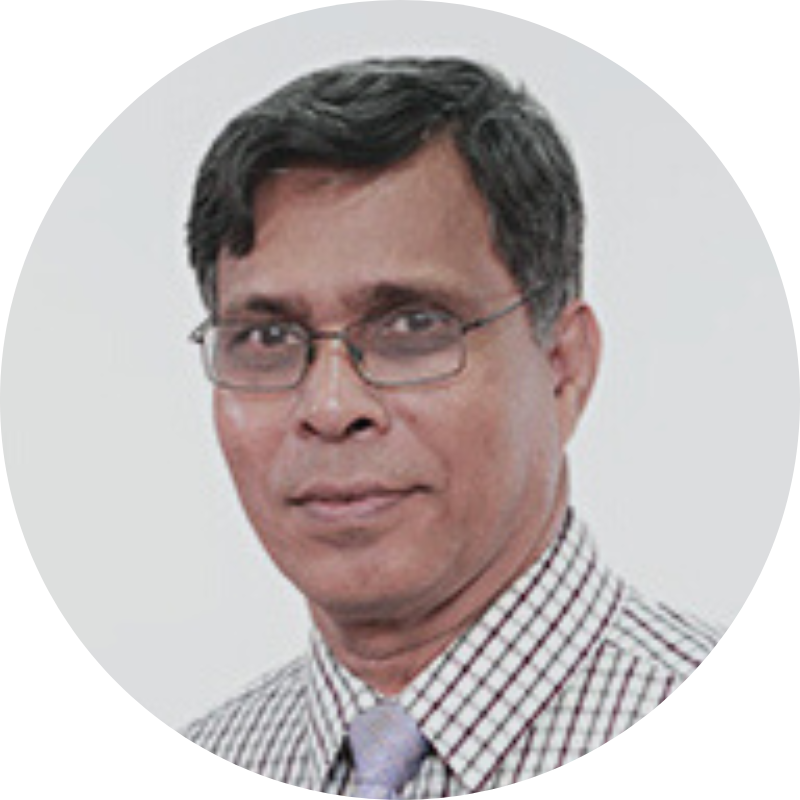
Liakath Ali
Director, Climate Change Programme & Urban Development Programme, BRAC (Bangladesh)
Dr. Md Liakath Ali is the director of the climate change programme at BRAC and BRAC International, and the urban development programme at BRAC.
Dr. Ali has 32 years of working experience with various government, non-government, donor and UN agencies. Throughout his professional career, he has acquired experience in integrated water resources management, trans-boundary water basin management, climate change adaptation and resilience building, disaster management, risk reduction, urban development, and coastal planning and implementation. He is proficient in dealing with environmental issues, including impact assessment and studies and projects management. He has a sound knowledge on many key thematic areas of operation and maintenance, institutional aspects, research works, macro and micro level planning and teaching. His key qualifications also include formulation of policy, strategy development, construction, monitoring and evaluation and knowledge management approach. He has a number of publications on environmental issues as well.

Michael Andrew Manalili
GIS Innovation and Development Lead, World Food Programme
Mr. Manalili is the GIS Innovation and Development Lead at the World Food Programme (WFP). In this role, he works on the Impact AI project, which aims to improve the ability of the World Food Programme (WFP) to respond to emergencies caused by natural disasters, and subsequent shocks by better understanding the impact on affected communities via the application of Machine Learning (ML) and Artificial Intelligence (AI) to Geographic Information Systems (GIS).
Formerly, Mr. Manalili was a GIS Developer at WFP. While in this role, he led the development of the Automated Disaster Analysis and Mapping (ADAM) of Floods Project. He also implemented a pilot geospatial based system for WFP Philippines in support to anticipatory action for cash based transfer (CBT) program geographical targeting in Maguindanao.

Bhargav Krishna
Fellow, Centre for Policy Research (India)
Bhargav Krishna is a Fellow at the Centre for Policy Research. His research interests span areas of health policy, environmental policy, and environmental epidemiology, with a focus on the impact of air quality and climate change on health.
Previously, Bhargav set up and managed the Centre for Environmental Health at the Public Health Foundation of India (PHFI), where he led work on air quality, climate, and health. In this capacity, he served on Union and State government expert committees on air pollution, biomedical waste, and critically polluted areas. He has also carried out work on health systems and sustainable development across several states.
Moderator
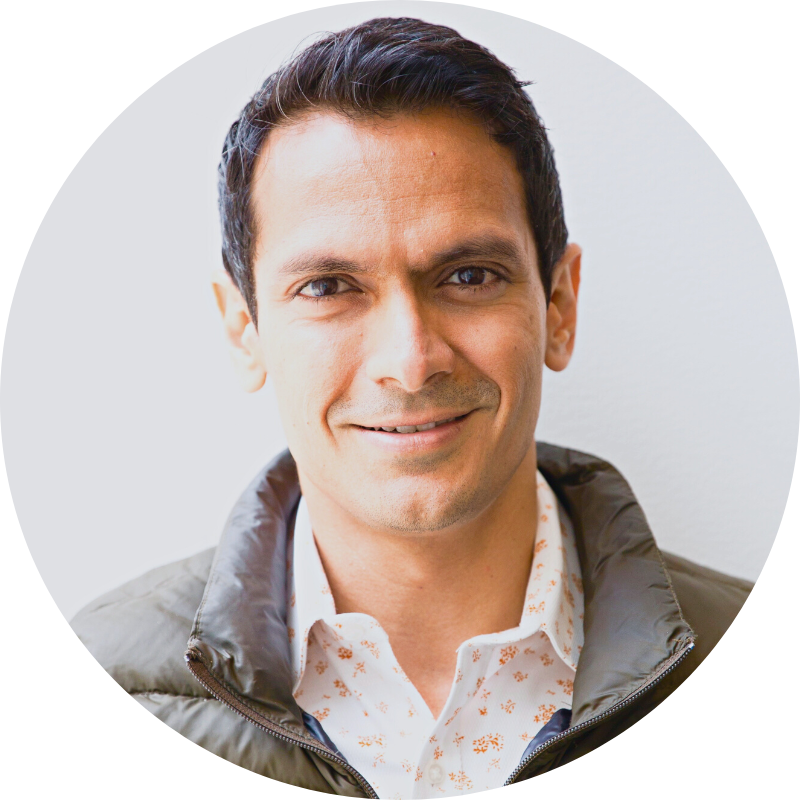
Satchit Balsari
Co-Director, CrisisReady; Assistant Professor in the Department of Global Health and Population, Harvard T.H. Chan School of Public Health; Emergency Clinician, Beth Israel Deaconess Medical Center
In addition to his roles at CrisisReady, Harvard Medical School, and Beth Israel Deaconess Medical Center, Dr. Balsari is a faculty member within the Department of Global Health and Population and at the FXB Center for Health and Human Rights at Harvard T.H. Chan School of Public Health. His research has contributed to advocacy on behalf of vulnerable populations affected by disasters and humanitarian crises around the world.
